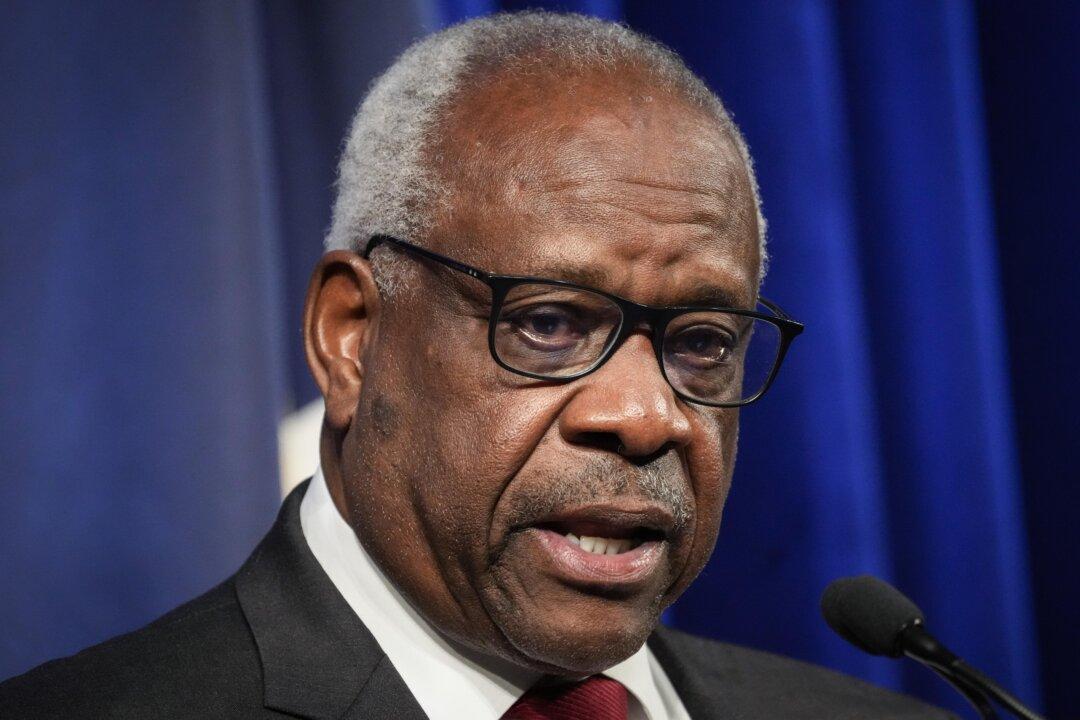The Supreme Court refused on Dec. 11 to take up a challenge to Washington state’s ban on LGBT conversion therapy—over the objections of three conservative justices who dissented.
The therapeutic practices, which are banned in many states, aim to make patients heterosexual or identify as their biological sex.





